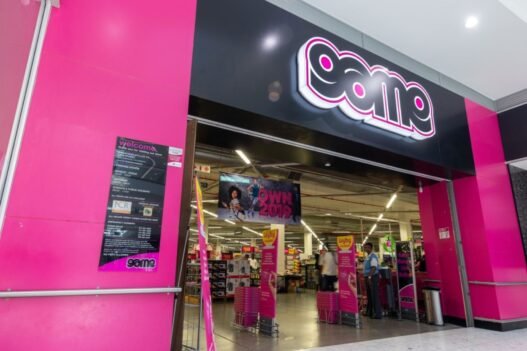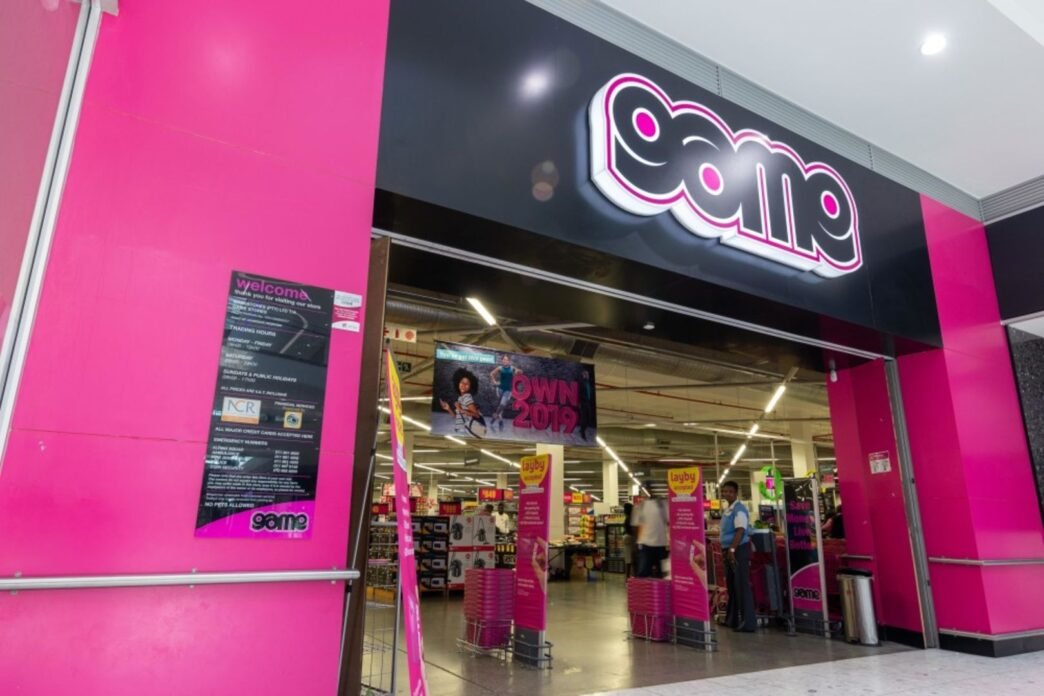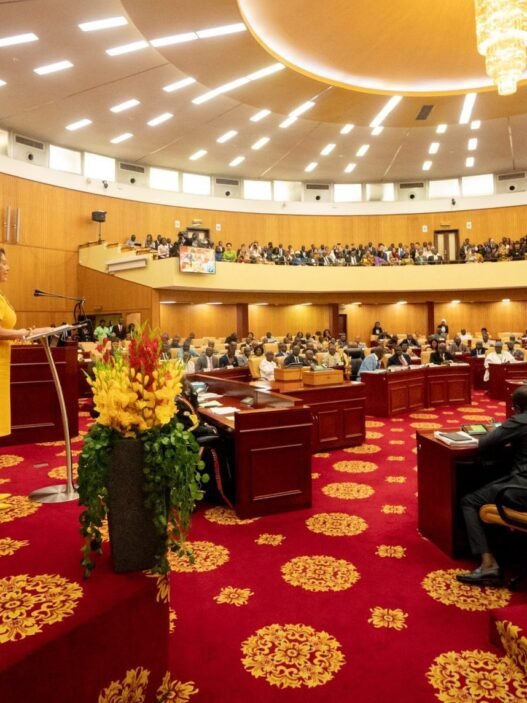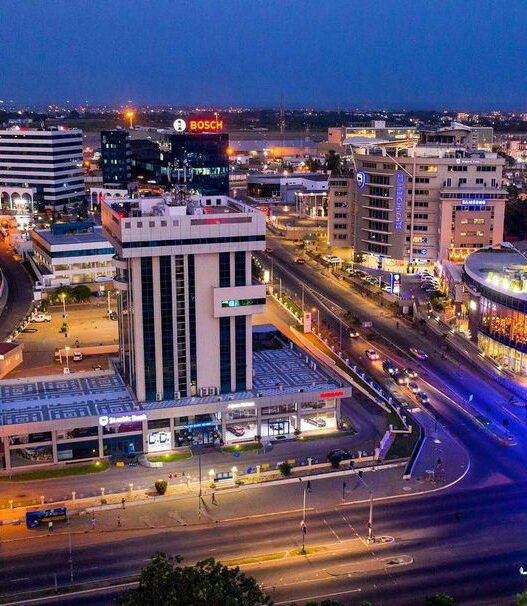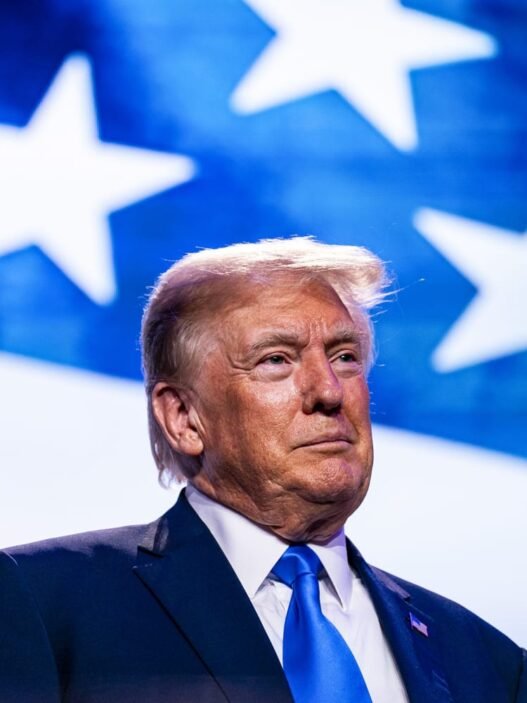The closure of GAME stores in Ghana in 2022 was a significant event in the country’s retail sector. Once a major player in the African retail market, GAME found itself unable to navigate the challenges posed by Ghana’s economic volatility, shifting consumer preferences, and regulatory pressures. While external factors such as a weakening cedi and rising inflation were critical, the failure of GAME to adapt its business model and innovate points to deeper managerial issues. Interestingly, other retail chains operating in the same market, such as Melcom, Palace Hypermarket, Koala Shopping Centre, Maxmart, and China Mall, not only survived but thrived under similar conditions. This raises the critical question: Was GAME’s exit a management failure, or was it a victim of broader market forces?
Economic Pressures: Shared Challenges, Different Outcomes
GAME’s retreat from Ghana has often been attributed to the depreciating cedi and rising inflation, which made importing goods more expensive and significantly reduced consumer purchasing power. As a retailer heavily reliant on imported goods, GAME struggled to maintain competitive pricing in this environment
GH Extractives. However, other retailers such as Melcom and China Mall also operated within the same economic context, yet managed to expand their market share.
Melcom, one of the largest retail chains in Ghana, has successfully maintained affordable pricing by combining locally sourced goods with imported products, allowing it to buffer against the worst effects of the cedi’s depreciation
GH Extractives. China Mall, known for its affordability, benefited from its lean supply chain and ability to offer a wide range of products at lower prices, attracting a cost-conscious consumer base. This approach allowed China Mall to expand while GAME was retreating. The contrasting performance between GAME and these competitors demonstrates that economic pressures alone do not fully explain GAME’s exit.
Failure to Localize and Innovate
One of GAME’s significant downfalls was its failure to localize its operations to fit the Ghanaian market. GAME’s reliance on imported goods, which became more expensive due to currency devaluation, made it difficult to compete with local retailers such as Palace Hypermarket, which sourced a substantial portion of its goods locally. Palace Hypermarket catered to the local market’s growing preference for affordable, locally produced goods
The Ghana Report. Similarly, Koala Shopping Centre, a well-established retailer, struck a balance between offering a mix of local and imported products, which helped it maintain relevance in a market that was becoming increasingly price-sensitive
In comparison, GAME did little to adjust its product offerings and pricing strategy to reflect local market dynamics. By not adopting a localized approach, GAME missed an opportunity to capture a more significant share of the market and appeal to the changing consumer landscape. Other retailers, like Maxmart, which operates in a similar space by offering a mix of groceries, electronics, and household goods, remained flexible and responsive to these shifts.
Innovation: A Key Differentiator
Innovation, particularly in terms of digital commerce and customer engagement, has become increasingly vital in retail success. GAME’s failure to embrace e-commerce and integrate digital shopping experiences contributed to its decline. In contrast, Palace Hypermarket and Maxmart have invested in creating seamless online and in-store shopping experiences. Palace Hypermarket’s focus on digital platforms allowed it to cater to a broader customer base, offering convenience through online ordering and delivery services, which proved particularly useful in the post-pandemic era
Koala Shopping Centre and Melcom also recognized the growing demand for omni-channel retail experiences and began integrating digital services, ensuring they stayed competitive. GAME, on the other hand, was slow to innovate in this area, missing out on the e-commerce wave that has been reshaping retail across the globe.
Regulatory Pressures and Compliance
Regulatory issues also contributed to GAME’s downfall. In 2022, the Ghana Revenue Authority (GRA) enforced an e-VAT system that required businesses to report their VAT transactions in real time. GAME’s non-compliance with this regulation led to the temporary closure of its stores
The Ghana Report. While other retailers, such as Palace Hypermarket and Melcom, successfully adapted to this new regulatory environment, GAME struggled, further impacting its financial performance. This inability to quickly adapt to regulatory changes points to weak managerial foresight and a lack of agility, two factors that are essential in navigating the volatile business landscape in Ghana.
Maxmart and China Mall also faced these regulatory challenges but managed to comply with minimal disruption to their operations, further highlighting the gaps in GAME’s management strategy.
A Consumer-Centric Approach: The Key to Survival
Retailers who thrived in the Ghanaian market were those that placed consumer needs at the center of their strategies. Melcom, for example, has been a household name in Ghana for decades, known for its extensive range of affordable products. Melcom has cultivated a strong customer base by offering everything from groceries to electronics under one roof, much like GAME, but with better pricing and product variety
Similarly, Palace Hypermarket and Koala Shopping Centre have built strong relationships with customers by ensuring a balance between quality, affordability, and availability. They focused on customer experience, something GAME failed to prioritize. GAME’s limited product range and higher prices due to its reliance on imports further alienated consumers who were seeking value in a price-sensitive market.
Conclusion: Poor Management or Market Forces?
GAME’s exit from Ghana can be attributed to a combination of factors, but ultimately, it was poor management and a failure to innovate that sealed its fate. While external economic pressures such as inflation and currency devaluation were significant challenges, other retailers like Melcom, Palace Hypermarket, and China Mall faced the same conditions but continued to thrive. They did so by localizing their product offerings, investing in digital innovation, and maintaining compliance with regulatory requirements.
GAME’s lack of agility in adapting to the local market, its failure to innovate in the face of changing consumer behavior, and its inability to navigate regulatory challenges reflect deeper issues within its management structure. The success of competitors like Melcom, Palace Hypermarket, Koala Shopping Centre, Maxmart, and China Mall shows that with the right strategy, it is possible to succeed in the Ghanaian market despite its challenges.
For any multinational company looking to enter or sustain operations in emerging markets, the lessons from GAME’s decline are clear: success hinges on innovation, adaptability, and a deep understanding of local market dynamics. Without these elements, even the largest retailers risk falling behind.









